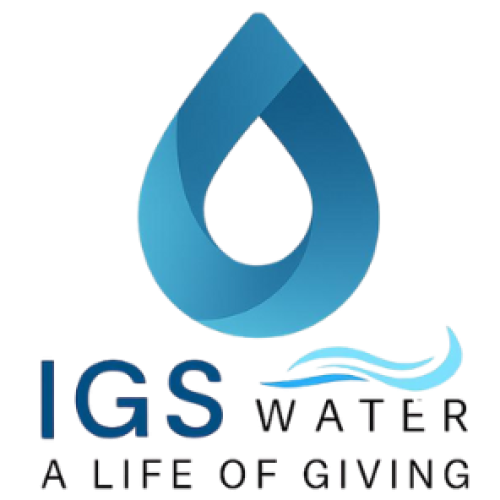Water is the foundation of farming — every healthy crop depends on it. But what if the very water being used to grow plants is part of the problem? Around the world, farmers face a hidden but serious challenge: poor water quality in irrigation systems.
This issue goes beyond just cloudy or dirty-looking water. Contaminants such as suspended solids, organic matter, salts, and harmful microorganisms are quietly reducing efficiency, damaging crops, and cutting into farm productivity.
How Poor Water Quality Affects Irrigation Systems
One of the first signs of poor water quality shows up in the irrigation system itself: clogging. Tiny particles and organic matter build up inside pipes, drip lines, and nozzles. Over time, water flow becomes uneven, some crops get overwatered, while others barely receive enough to survive.
This uneven distribution doesn’t just waste water — it stresses plants, impacts growth, and leads to inconsistent yields. For farmers, every blocked nozzle can mean lost profits.
The Hidden Spread of Pathogens
Poor-quality irrigation water often carries invisible threats. Pathogens like bacteria, fungi, and viruses can spread quickly through an irrigation system, reaching every plant it touches. Once introduced, these diseases are extremely difficult to manage and can wipe out entire harvests.
To fight back, many farmers rely on chemicals or traditional filtration. But these solutions come with trade-offs:
- Filtration systems struggle to handle high concentrations of solids and often require costly maintenance.
- Chemical treatments may kill pathogens, but they can leave harmful residues on crops and soil, affecting long-term soil health.
The Cost of Ignoring the Problem
Clogged pipes, increased labor, chemical costs, and crop losses all add up. In the end, poor water quality doesn’t just affect plants — it affects profitability. What farmers truly need is not just water, but clean, oxygen-rich water that supports healthy, resilient crops.
Why Water Quality Matters More Than Ever
As agriculture faces growing pressure from climate change, population growth, and water scarcity, ensuring quality water for irrigation has never been more critical. Solving the water quality challenge is key to building sustainable farming systems that deliver consistent yields without damaging the environment.
At IGS Water, we understand these challenges and are dedicated to providing solutions that help farmers protect their crops, their systems, and their future.

